Description
An anal fistula is an abnormal tunnel that forms between the inside of the anus and the skin surrounding the anus. This condition often results from an infection in an anal gland that creates an abscess, which then drains and forms a fistula. Here’s a comprehensive overview:
Types of Anal Fistula
- Intersphincteric Fistula: The most common type, running between the internal and external sphincter muscles.
- Transsphincteric Fistula: Passes through both the internal and external sphincter muscles.
- Suprasphincteric Fistula: Starts above the internal sphincter and extends downward, bypassing the external sphincter.
- Extrasphincteric Fistula: Begins at the rectum and extends through the levator ani muscle to the skin around the anus.
Familiarity with Treatment
Anal fistulas are relatively common and can be treated effectively with surgery. The treatment aims to eliminate the fistula, prevent recurrence, and preserve anal sphincter function to avoid incontinence.
Procedure
- Diagnosis: Includes a physical examination, anoscopy, and imaging studies like MRI or ultrasound to determine the fistula’s path.
- Surgical Options:
- Fistulotomy: The most common procedure, involving cutting open the fistula to allow it to heal as a flat scar.
- Seton Placement: A surgical thread is placed in the fistula to keep it open and allow it to drain before further treatment.
- Advancement Flap Procedure: Involves covering the internal opening of the fistula with a flap of tissue from the rectum.
- LIFT Procedure (Ligation of Intersphincteric Fistula Tract): The fistula tract is tied off and cut between the sphincter muscles.
- Fibrin Glue or Collagen Plug: Less invasive options where the fistula tract is filled with glue or a plug to close it.
Who is it Suitable For?
- Patients with persistent anal abscesses or recurrent infections.
- Individuals experiencing pain, swelling, or discharge from the anus.
- Patients with Crohn’s disease or other conditions leading to fistula formation.
Who is it Not Suitable For?
- Patients with severe comorbid conditions that increase surgical risk.
- Individuals with asymptomatic fistulas that do not cause discomfort or complications.
Advantages
- Symptom Relief: Reduces pain, swelling, and discharge.
- Prevents Complications: Helps avoid further infections and abscess formation.
- Improves Quality of Life: Alleviates discomfort and improves daily functioning.
Complications
- Infection: Risk of infection at the surgical site.
- Incontinence: Potential for fecal incontinence if the sphincter muscles are damaged.
- Recurrence: Fistulas can recur, requiring additional treatment.
- Delayed Healing: Some fistulas may take longer to heal, especially in patients with underlying conditions like Crohn’s disease.
Previous Care
- Consultation: Detailed discussion with a colorectal surgeon.
- Preoperative Tests: Blood tests, imaging studies, and sometimes a colonoscopy to assess the condition.
- Medication Management: Adjustments to current medications as needed.
Aftercare
- Hospital Stay: Usually a short stay, often outpatient for less invasive procedures.
- Pain Management: Use of prescribed pain relievers and sitz baths to reduce discomfort.
- Wound Care: Keeping the area clean and dry, and following specific wound care instructions.
- Diet and Hydration: High-fiber diet and plenty of fluids to prevent constipation.
- Follow-Up: Regular check-ups to monitor healing and ensure no complications.
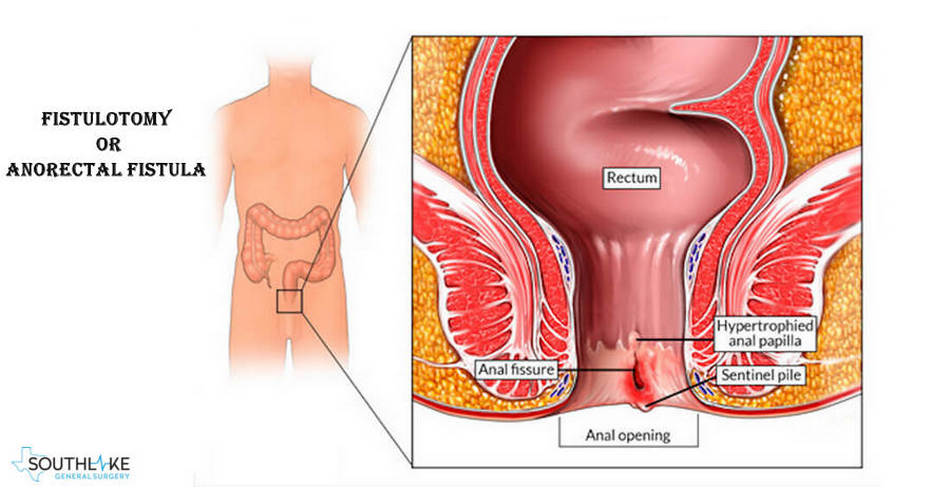
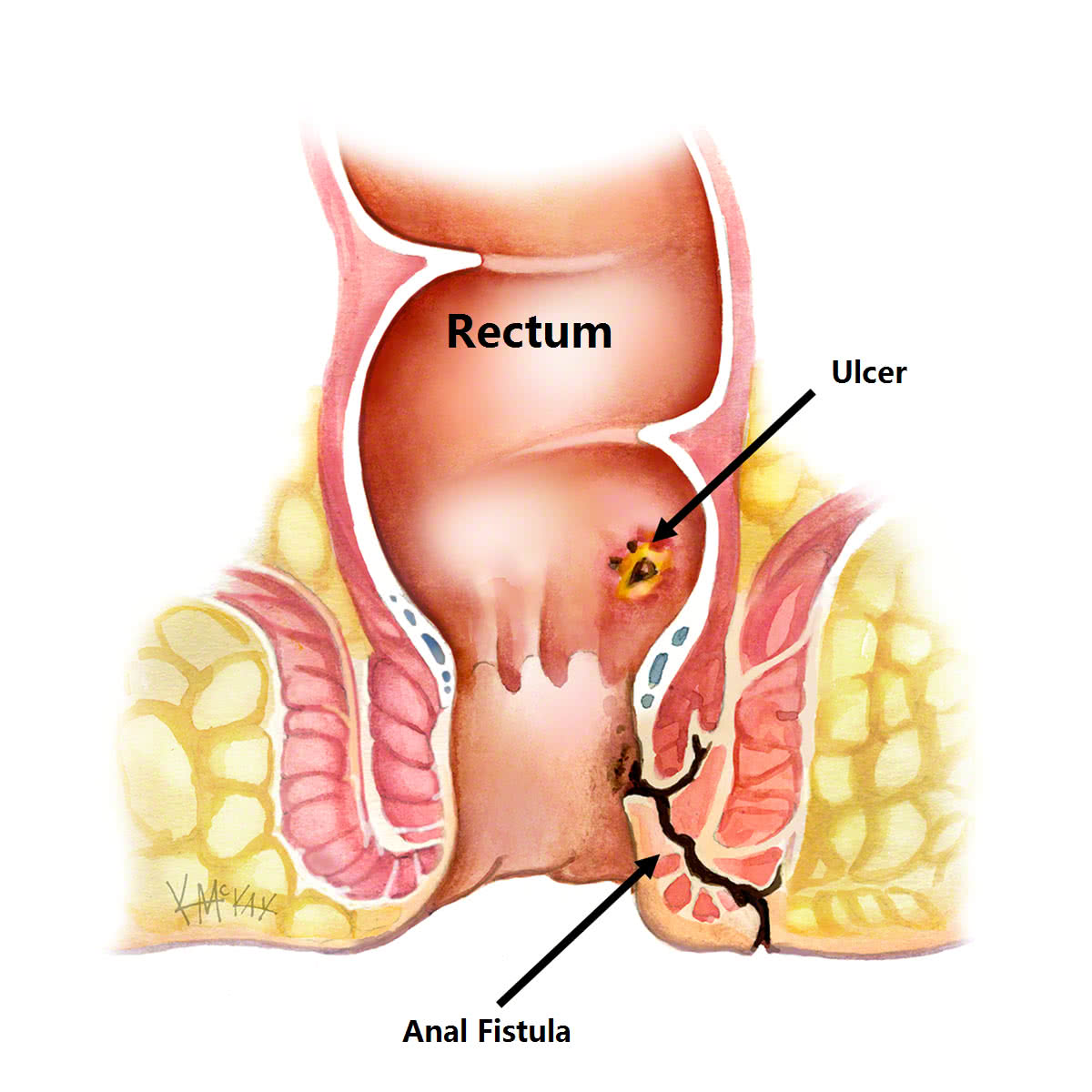
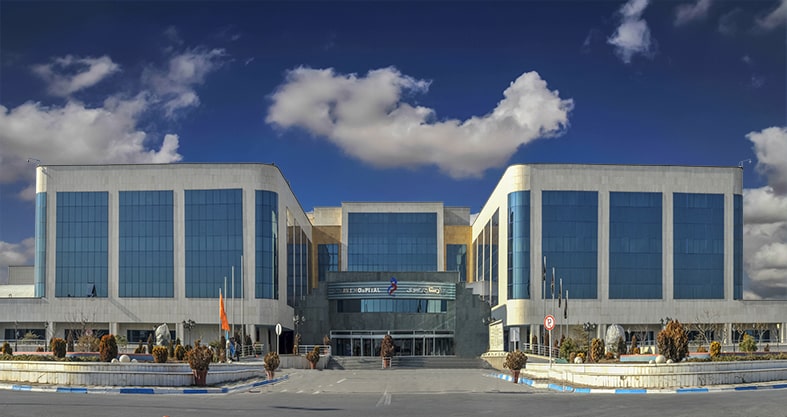


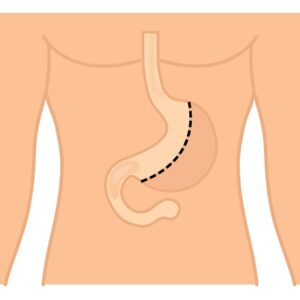

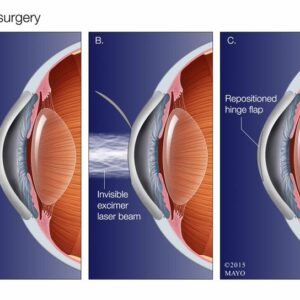
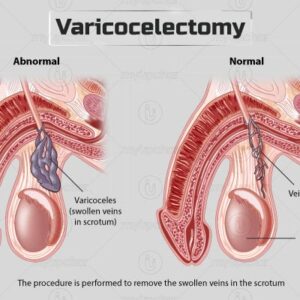

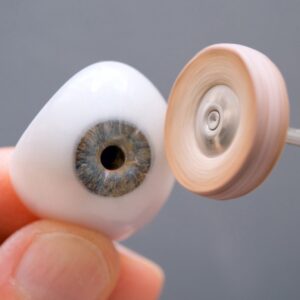
Reviews
There are no reviews yet.